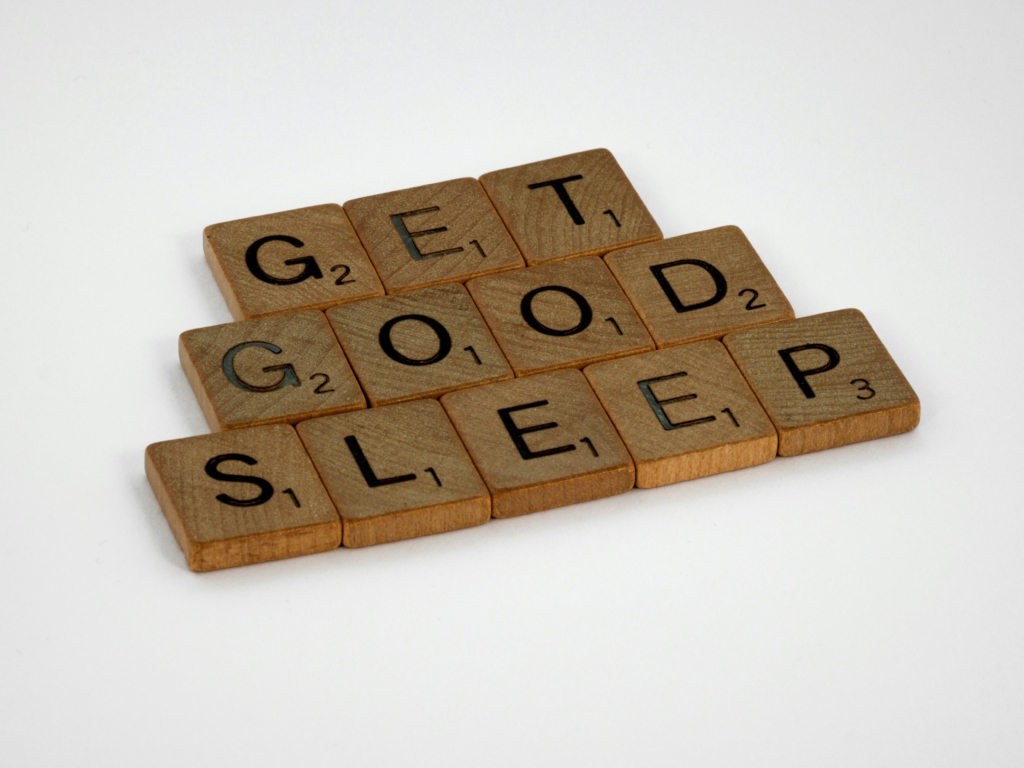
The Science of Sleep Hygiene: How to Improve Your Mental Health Overnight
Sleep is often considered a pillar of health, as crucial as diet and exercise, yet it is frequently neglected. In our fast-paced world, sacrificing sleep has become the norm, leading to a rise in stress, anxiety, and mental health struggles. But what if improving your sleep hygiene could be the key to transforming your mental well-being?
This ultimate guide explores the relationship between sleep and mental health, the science behind sleep hygiene, and practical strategies to enhance your sleep quality.
Understanding the Sleep-Mental Health Connection
Sleep and mental health share a bidirectional relationship: poor sleep contributes to mental health conditions, and mental health conditions exacerbate sleep disturbances. Research shows that chronic sleep deprivation can increase the risk of anxiety disorders, depression, and even psychosis. Conversely, adequate and restful sleep enhances emotional regulation, cognitive function, and overall well-being. Here’s how sleep can affect mental health:
- Emotional Regulation: Lack of sleep increases emotional reactivity, making individuals more prone to stress, irritability, and mood swings.
- Cognitive Function: Poor sleep impairs memory, attention, and decision-making, affecting productivity and problem-solving abilities.
- Anxiety and Depression: Chronic sleep deprivation increases the production of stress hormones like cortisol, heightening feelings of anxiety and contributing to depression.
- Trauma Processing: REM sleep plays a crucial role in processing emotional and traumatic experiences. Disturbed sleep can disrupt this essential function, leading to persistent distress.
What is Sleep Hygiene?
Sleep hygiene refers to a set of habits and environmental factors that promote quality sleep. By optimising these habits, you can significantly improve your ability to fall asleep, stay asleep, and wake up feeling refreshed. The key components of sleep hygiene are:
- Consistent Sleep Schedule: Going to bed and waking up at the same time every day helps regulate your body’s internal clock.
- Optimising Sleep Environment: A dark, cool, and quiet bedroom enhances sleep quality.
- Limiting Stimulants: Reducing caffeine, nicotine, and alcohol intake in the evening prevents sleep disturbances.
- Managing Stress and Anxiety: Relaxation techniques, such as meditation or deep breathing, help calm the mind before bedtime.
- Reducing Screen Time: Blue light from screens disrupts melatonin production, delaying sleep onset.

Practical Strategies for Better Sleep Hygiene
- Create a Relaxing Bedtime Routine: Establish a pre-sleep routine to signal to your brain that it’s time to wind down. This may include reading, taking a warm bath, or practising gentle stretches.
- Set a Sleep-Friendly Environment: Your bedroom should promote restful sleep. Keep the temperature cool (between 16-18°C or 60-65°F) and block out light with blackout curtains or an eye mask. Minimise noise by using earplugs or a white noise machine, and invest in a comfortable mattress and pillows to support quality rest.
- Be Mindful of Food and Drink: What you consume can impact your sleep. Avoid heavy meals close to bedtime, and limit caffeine intake after 2 pm. Stay hydrated throughout the day, but reduce fluid intake in the evening to prevent nighttime awakenings.
- Stay Active, but Time It Right: Regular exercise supports better sleep, but intense workouts too close to bedtime can be overstimulating. Aim for at least 30 minutes of movement during the day, preferably in the morning or afternoon, to maximise its sleep-enhancing benefits.
- Limit Naps to 20-30 Minutes: Short naps can boost alertness, but long or late naps may interfere with nighttime sleep. If you need a nap, keep it brief and schedule it earlier in the day to avoid disrupting your sleep cycle.
- Manage Stress and Overthinking: A calm mind promotes better sleep. Practise mindfulness meditation or journaling before bed to process your thoughts. Techniques like progressive muscle relaxation or guided imagery can help you unwind, and writing down worries or to-do lists can prevent overthinking at night.
- Stick to a Sleep Schedule: Consistency is key for a healthy sleep routine. Set a fixed wake-up time, even on weekends, and avoid sleeping in, as it can disrupt your circadian rhythm. If you can’t fall asleep after 20 minutes, get up and do a relaxing activity until you feel drowsy.
Conditions like insomnia, sleep apnoea, and restless leg syndrome can be treated with medical intervention, cognitive behavioural therapy for insomnia (CBT-I), or sleep studies. If persistent sleep issues are affecting your mental health, reach out to us at info@nnpsychology.co.uk or call us on 07341193858 to learn more about the services we offer.
Remember, sleep is not a luxury—it is a necessity for overall well-being. Start your journey to better sleep today, and experience the transformative impact it has on your mental health.

